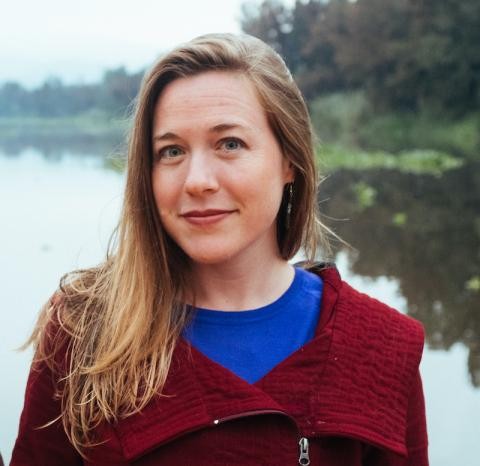GEOG Seminar: Understanding Flood Risk from Space: Opportunities to Adapt to Changing Risk with Improved Monitoring and Index-based Insurance
Speaker
Dr. BethTellman is an Assistant Professor at the University of Arizona, in the School of Geography, Development, and Environment whose research addresses the causes and consequences of global environmental change in vulnerable populations, with a focus on access to water, flood risk, and land use change. She engages in multiple disciplines and methods to “socialize the pixel” or understand the social processes behind environmental change captured in satellite image pixels or leverage the data from satellite imagery to improve human well-being. She is a co-founder and Chief Science Officer of Cloud to Street, a public benefit corporation that leverages remote sensing data to build flood monitoring and mapping systems for low- and middle-income countries. Her global flood mapping work was recently featured on the cover of Nature. To learn more about her publications, projects, and PhD and post-doc opportunities see: https://beth-tellman.github.io/.
Abstract
Floods affect more people than any other hazard, and the frequency and magnitude of exposure is growing with demographic and climatic changes. Yet the ability to predict and monitor floods from local to global scales remains a challenge and limits access to financial protection for vulnerable populations. The increasing availability, frequency, and spatio-temporal resolution of both satellite and news media data provides new opportunities to monitor floods locally and globally. Advances in cloud computing and machine learning techniques enable increasingly accurate flood event monitoring by fusing observations from multiple sensors. I will show how new methods and data enabled by machine learning, satellites, and online media improve our ability to understand and adapt to flood risk from global to local scales. This talk will demonstrate how improved flood observations yield insight into where populations are moving into flood plains, inform decisions to relocate refugee camps, and underpin innovative insurance schemes in Bangladesh. Despite the potential benefits of satellite flood data, unequal access to flood information could further exacerbate vulnerability for the most marginalized and is already reshaping housing markets in the U.S. I conclude with the ethical consideration of how to ensure these new technological and scientific advances reduce rather than deepen existing inequalities in who loses most when a flood hits.


